“Where there is no law, but every man does what is right in his own eyes, there is the least of liberty.” ― Henry M. Robert, Robert’s Rules Of Order
In February 1876, Henry M. Robert, a Major in the US Army, published the Pocket Manual of Rules of Order for Deliberative Assemblies, with the objective of bringing procedural consistency to meetings. The pocket manual evolved to become Robert’s Rules of Order, which many organizations today use to guide how their meetings are run.
Alice Sturgis was an author and parliamentarian who is the name behind the Sturgis Standard Code of Parliamentary Procedure, published in 1950. The cover quote of the 2001 edition states, “Anyone who has trouble with Robert’s Rules of Order will welcome the simplicity of this streamlined guide to parliamentary procedure.”
Whoever came up with that cover quote was playing fast and loose with the word “simplicity.” But perhaps that alleged simplicity influenced the initial members of the Allegheny West Civic Council to choose the Sturgis Rules of Order (now known formally as The Standard Code of Parliamentary Procedure) as the procedural guide for conducting Civic Council meetings.
I bring this up not as a sleep aid but because I recently heard from someone new to AWCC meetings that it was hard to follow the action with all the talk of motions and abstaining and tabling and new business and old business. It made me remember what it was like to be a new AWCC member and not know when it was okay to ask questions or speak up on a topic. So, I thought it was important to give a simple overview of how these meetings work and when there are opportunities to bring new topics to the table.
The Rules of Order provide a guide for making decisions as a group. All AWCC decisions are made through a motion, which is a formal recommendation put by a member for debate and consideration. Anyone is able to make a motion. When a motion is made, it needs to be seconded to move to debate. Once a motion has been seconded, everyone is invited to comment or ask questions prior to putting the motion to vote.
For many motions, this process moves pretty quickly and it can be challenging to jump in with a question or comment. However, that is exactly the right thing to do when the Chair asks if there is further discussion — if you have a question or comment don’t hesitate to raise your hand and speak up.
The meeting agenda is basically the same from meeting to meeting — guests are introduced and given a few minutes to make announcements and take questions. Previous meeting minutes are reviewed and accepted, and the Treasurer’s report is made and filed. Committee Chairs (Membership, Ways & Means, Property, Friends of AW, Housing & Planning, Bylaws) give their updates and then old and new business is discussed. New business can be added to the agenda prior to the meeting or introduced when the Chair calls for new business items. If you ever have a topic to add to a General Membership meeting agenda reach out to me at president@alleghenywest.org and I’ll add it. It’s always nice to get topics on the agenda before the meeting to make sure sufficient time is allocated for discussion.
I don’t know for sure, but I suspect that Henry Robert and Alice Sturgis might not have been great fun at neighborhood social events but both would have run a tight ship when it came to membership meetings. And they both probably would answer like me when asked to name their favorite motion — why, of course, the motion to adjourn.
Everyone is no doubt watching the news and following the stories of the coronavirus outbreak. As a reminder, the CDC recommends everyday preventive actions to help prevent the spread of respiratory diseases, including:
- Avoid close contact with people who are sick;
- Avoid touching your eyes, nose, and mouth;
- Stay home when you are sick;
- Cover your cough or sneeze with a tissue, then throw the tissue in the trash;
- Clean and disinfect frequently touched objects and surfaces using a regular household cleaning spray or wipe;
- Wash your hands often with soap and water for at least 20 seconds.
At our March 10th AWCC General Membership meeting, we’ll encourage fist bumps versus handshakes and enthusiastic waving versus hugs. Hopefully we’ll be back to normal by April.
Ann Gilligan
President, AWCC
